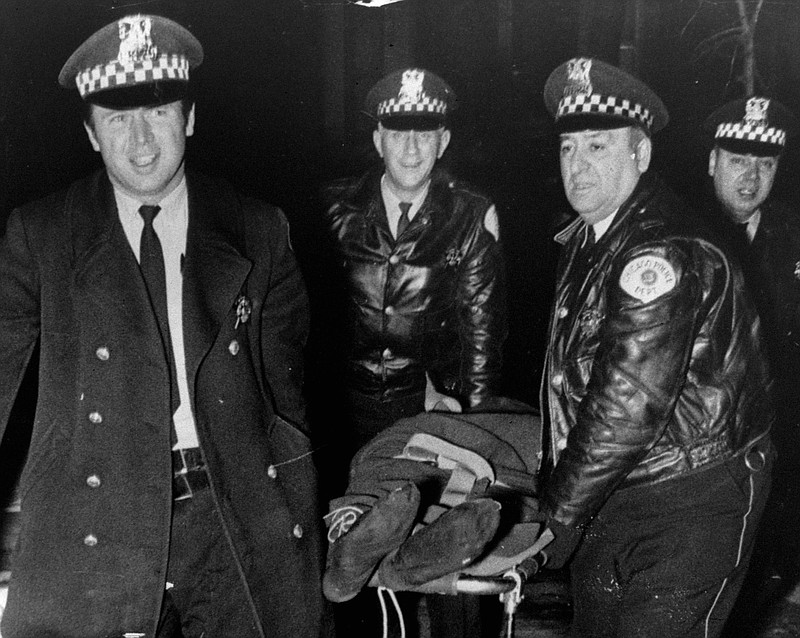CHICAGO (AP) - The Justice Department released the findings of its yearlong investigation into civil rights abuses by the Chicago Police Department going back years.
The report found that the department has been violating people's constitutional rights for years, permitting racial bias against blacks, using excessive force and killing people who didn't pose a threat.
The federal agency and city officials will start negotiations on reforms to the police department. The talks will happen after President-elect Donald Trump has taken office, and his attorney general nominee, Sen. Jeff Sessions, has expressed concerns about the handling of such cases by the Justice Department under President Barack Obama's administration.
Here's a look at what's in the report and what could happen next:
MAIN FINDING
The report's main finding is that Chicago's police force has displayed a long-standing pattern of using excessive force. It says some officers resort to force so quickly that it "results in fear and distrust from many of the people whom the police are committed to protect."
The report mentions the 2014 police shooting of Laquan McDonald, a black teenager who was shot 16 times by a white officer, calling his death "a tipping point - igniting long-standing concerns about ... officers' use of force."
Dashcam video of the shooting released under a court order more than a year later showed McDonald was walking slowly away from officers holding a small, folded knife when he was shot. It provoked widespread outrage and led to the Justice Department investigation.
The report also decried an apparent inability or unwillingness to hold officers accountable. It said investigators reviewed more than 30,000 complaints of police misconduct during the five years before the probe began. Officers were found to be at fault in less than 2 percent of the cases.
CAUSES
The report blames, among other things, woefully inadequate training in the use of force for officers and aspiring officers.
Investigators observed one police academy class viewing a video produced 35 years ago - before key U.S. Supreme Court rulings on when it is reasonable to use force. And when instructors spoke further on the topic, several recruits didn't appear to be paying attention and at least one was asleep, the report states.
Chicago's police department has a policy for how officers should pursue fleeing cars, but it has been violated on many occasions, according to the report. It says the department doesn't have a foot-pursuit policy, even though such chases are "inherently dangerous," partly because of "an adrenaline rush" that can affect officers' ability to shoot accurately and warp their judgment.
The report expresses sympathy in places for officers, noting how the everyday stresses of their jobs can lead to higher rates of alcoholism and even suicide. It adds that many feel "abandoned" by the public and their own department. And it says: "We found profoundly low morale nearly every place we went."
REFORMS
The two-page joint statement, called an "Agreement in Principle," says the sides commit to extensive reforms under a future consent decree. It says that should include close judicial oversight and a court-appointed monitor who will ensure Chicago is meeting its reform commitments.
But the document contains almost no specifics and is in some ways aspirational, saying the sides commit to work "earnestly and with necessary urgency" toward a detailed reform plan.
The level of urgency is likely more dependent on Trump, or at least his pick to be to replace Loretta Lynch as attorney general, Sen. Jeff Sessions.
During a confirmation hearing this week, Sessions expressed reservations about the use of consent decrees and the involvement of federal courts. He said one risk was that such legal actions can "undermine the respect for police officers."
___
Follow Michael Tarm on Twitter at https://twitter.com/mtarm
